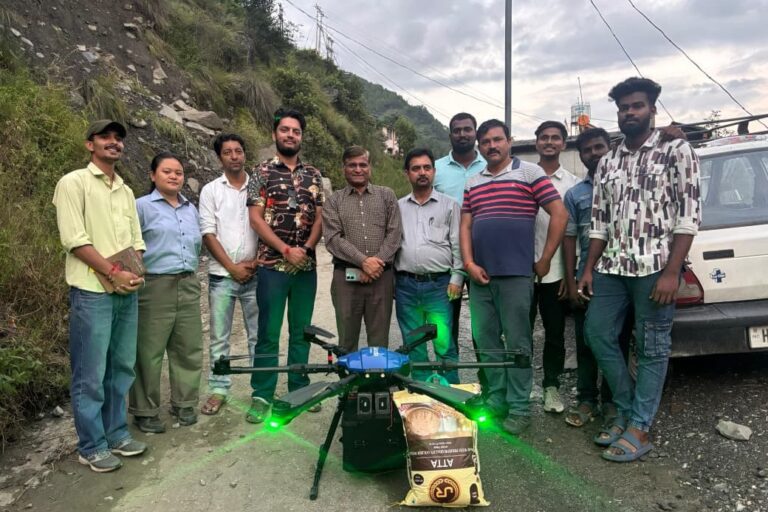
In a significant trend, several high-profile Indian startups are gearing up to shift their domicile back to India. Following the lead of companies like PhonePe, Groww, and Pine Labs, online shopping platform Meesho, quick commerce firm Zepto, B2B trade platform Udaan, and digital payments firm Razorpay are actively working on their reverse flipping process. Among these, Razorpay is reportedly in the most advanced stage of the transition.
Understanding Reverse Flipping
Reverse flipping involves relocating a company that is domiciled outside of India back to the country. This move, however, is fraught with complexities. The process can take anywhere from 9 to 36 months, contingent on factors such as group structuring, tax implications, regulatory approvals, compliance issues, and the specific sector the company operates in.
For instance, Groww, an online stockbroker startup, began its reverse flipping process over a year ago. Although the transfer of shareholding from its US entity to the Indian entity is complete, pending formalities like tax computations are still being finalized.
Financial and Regulatory Hurdles
The financial costs of reverse flipping are substantial. In January last year, Sameer Nigam, CEO of PhonePe, revealed that the startup’s investors paid almost ₹8,000 crore in taxes to relocate back to India. “The US imposes an inversion tax on businesses looking to redomicile overseas. Despite mitigating measures, it remains a significant uncertainty,” said Siddarth Pai, founding partner of 3one4 Capital and co-chair of the Regulatory Affairs Committee at the Indian Venture and Alternate Capital Association (IVCA).
Vivek Gupta, a partner at Deloitte India, highlighted the legal and tax frictions that startups must navigate. “Moving value in an international transaction from one jurisdiction to another involves inevitable legal and tax planning challenges,” he noted. Solutions are often customized for each startup, with inbound mergers being an efficient strategy in some cases.
Tax Complexities and ESOP Challenges
Startups also face tax-related complexities regarding Employee Stock Ownership Plans (ESOPs). Amarjeet Singh Makhija, a partner at PwC India, explained, “There will be individuals who received ESOPs at the overseas level. We need to determine if taxes are due upfront for these ESOP shareholders. Additionally, founders with shares in the offshore entity may be subject to Indian taxation.”
When the process involves a cross-border merger, approvals from the National Company Law Tribunal and local courts are required. For startups regulated by financial services authorities, obtaining a no-objection certificate from these regulators is also necessary.
Jurisdictional Nuances and Economic Stakes
Many Indian startups are headquartered in jurisdictions like Singapore, the US, Mauritius, Cyprus, Luxembourg, and the UK, each with unique tax and regulatory nuances. “Countries where value has been created will demand their share of taxes when you move out. Sometimes, this can mean paying direct taxes before generating revenue through an initial public offering (IPO) or monetization within India,” explained Makhija.
The division of these costs and taxes among stakeholders can be time-consuming, given that investors may have entered at various price points, leading to different tax liabilities and economic stakes in the company. Manvinder Singh, a partner at JSA Advocates and Solicitors, pointed out that the differences in entry price points and economic shareholding mean costs and taxes are allocated among investors in varying proportions, necessitating changes in the commercial structure and realignment of their interests.
India’s complex rules for share swaps, valuations, and buybacks further complicate the implementation of reverse flip structures, presenting significant challenges for startups aiming to return to their home turf.






